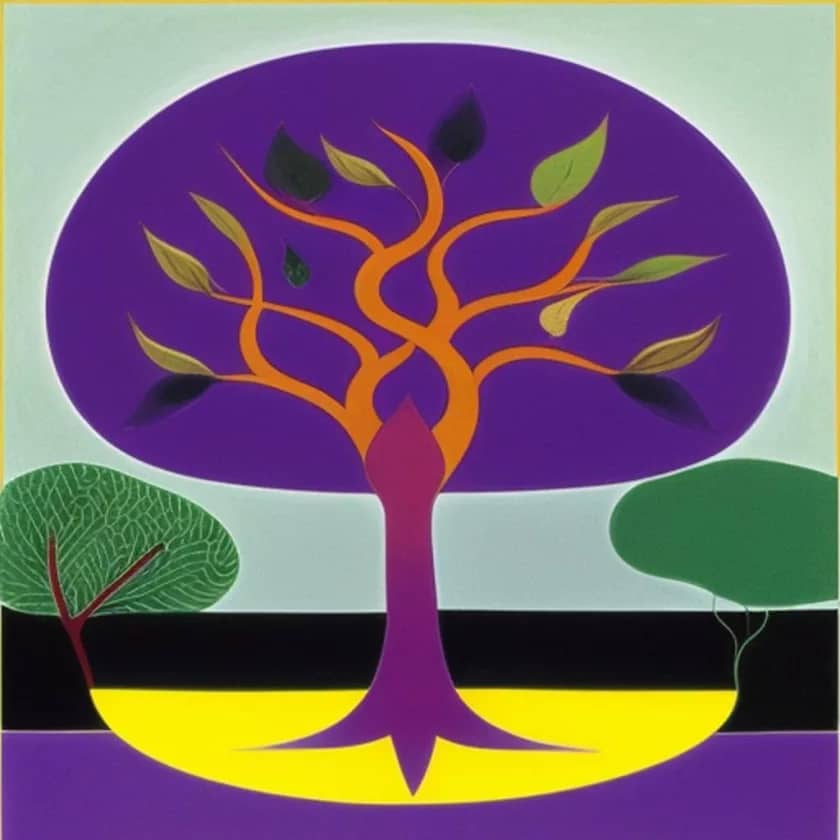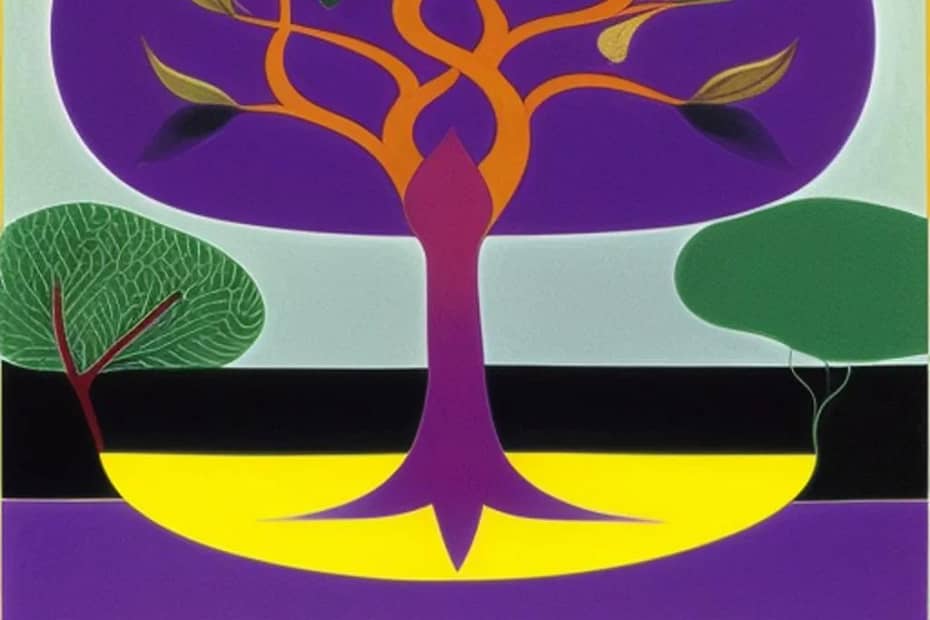Whispers from Ancient Leaves
Embark on a worldwide exploration of diverse cultures, from ancient Egypt to Southeast Asia, and uncover the multifaceted roles that sacred fig trees have played in mythology, spirituality, and the human psyche.
As humanity’s roots dig deep into the soil of diverse cultures, we find that certain symbols transcend time and borders, whispering tales of shared spirituality and interconnectedness. Among these symbols, sacred fig trees stand as silent witnesses to the tapestry of human beliefs, weaving stories of reverence, mythology, and introspection. Join us on a journey across continents and epochs, as we explore the profound roles that sacred fig trees have played in global traditions, from the mysticism of ancient Egypt to the contemplative embrace of Southeast Asia.
Ancient Egypt
The Fertility of Rebirth
In the realm of ancient Egyptian mythology, the fig tree became a symbol of fertility and renewal. Revered as a source of nourishment and sustenance, it embodied the cyclical nature of life and death. The fig’s luscious fruits and verdant foliage represented the ceaseless dance of regeneration, while the shedding of leaves mirrored the transient essence of existence.
Hinduism
The Cosmic Abode
Venturing into the heart of Hinduism, the Peepal tree (Ficus religiosa) takes center stage. Known as the cosmic world tree, it embodies the connection between the earthly and the divine. Beneath its branches, gods and goddesses are said to reside, offering solace and blessings to devotees. The Peepal tree stands as a sacred portal, a bridge between the material and the spiritual realms.
Buddhism
Enlightenment’s Shelter
In the serene realm of Buddhism, the Bodhi tree (Ficus religiosa) assumes its rightful place. Under its shade, Siddhartha Gautama attained enlightenment, culminating in his transformation into the Buddha. The Bodhi tree symbolizes the profound shift from ignorance to enlightenment, a journey that traverses both the external and the internal landscapes.
Jainism
The Serenity of Awakening
The Peepal tree, once again gracing the stage, finds a significant role in Jainism. Under its branches, Parshvanatha achieved spiritual awakening, ushering in a path of non-violence and compassion. The tree’s rustling leaves echo the inner stillness attained by those who seek self-realization, reminding us of the interconnectedness between spiritual growth and the natural world.
Southeast Asia
Spirits and Serenity
In Southeast Asian cultures, sacred fig trees often hold an association with spirits and the mystical. Believed to be inhabited by supernatural beings, these trees inspire awe and reverence. They become places of meditation and reflection, where humans and spirits coexist in a harmonious dance.
Conclusion
Embarking on this global exploration, we find that sacred fig trees are not mere botanical entities; they are vessels of spirituality, carriers of stories that transcend generations. From ancient Egypt’s celebration of renewal to Hinduism’s cosmic connection, from Buddhism’s shelter of enlightenment to Jainism’s serenity of awakening, and through the whispered secrets of Southeast Asian mysticism, these trees stand as silent witnesses to the human quest for understanding, growth, and transcendence. As we continue to gaze upon their leaves, we are reminded of our shared journey, our collective aspirations, and the timeless threads that bind us to the sacred tapestry of existence.
Shop Corner
Sacred fig trees on Amazon

Thank you for likes, shares and comments! 🌳🌴🌲🌵
Source OpenAI’s chatGPT Language Models, Dalle, AI trot and Fleeky
images Picsart and MIB
Invest in your future
Take time to learn
Embark on your journey in affiliate marketing and website creation alongside an incredible community and myself. Invest in your future by dedicating time to learn and earn. Take all the time you need to master the basics before aiming higher. Give it a try and sign up for free. You won't regret it! Discover the possibilities for yourself...


